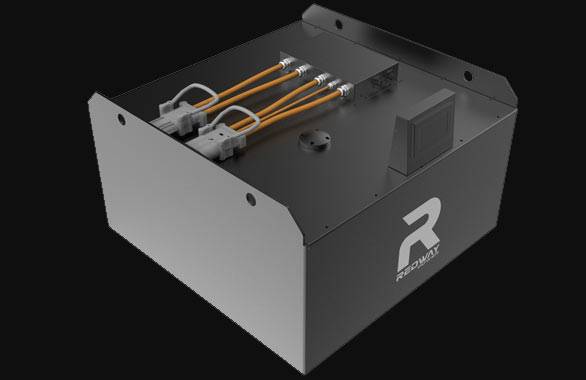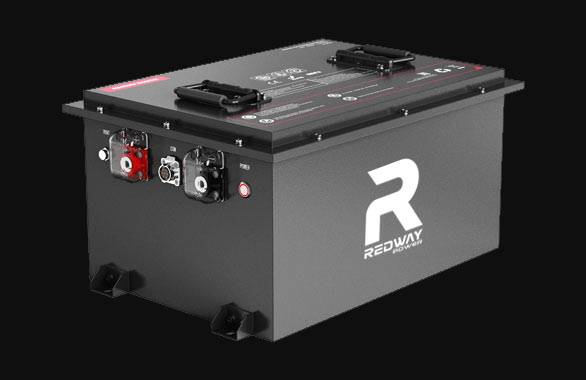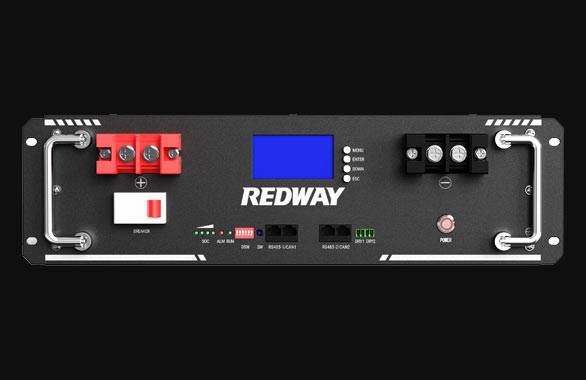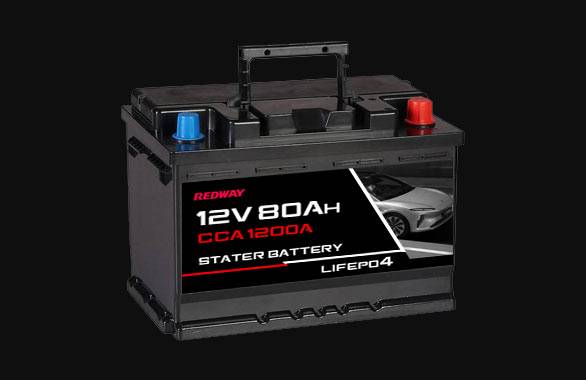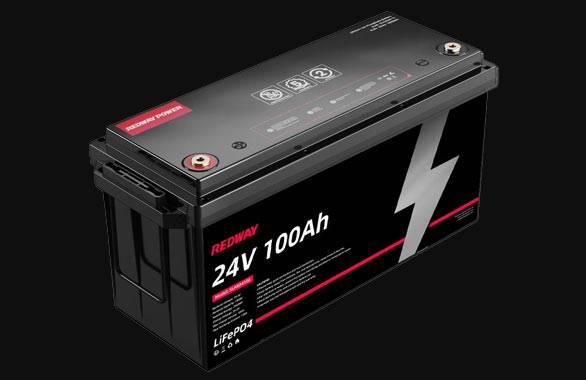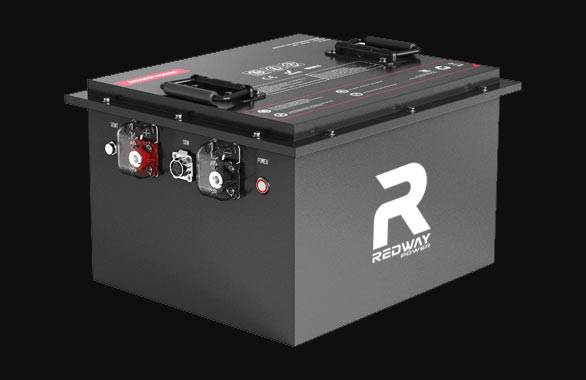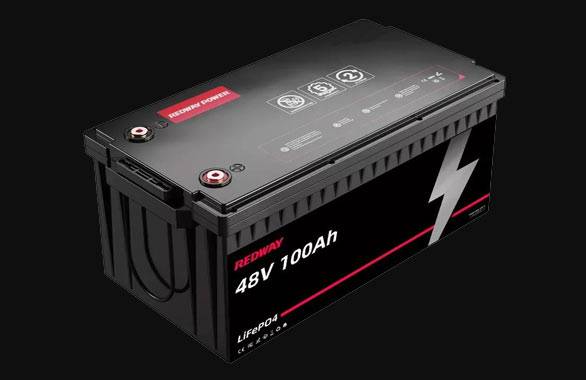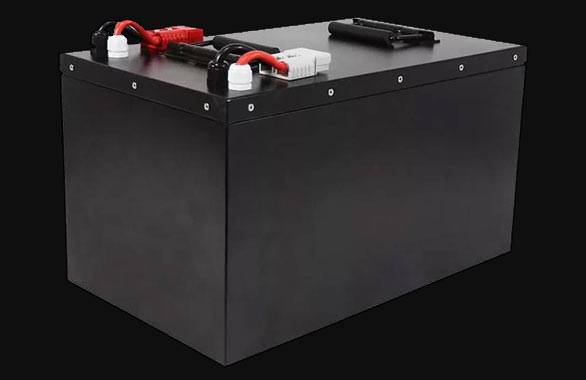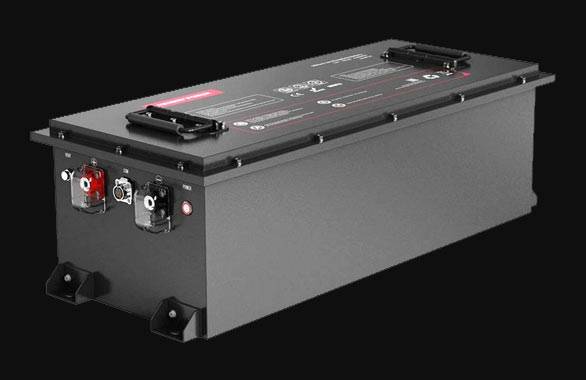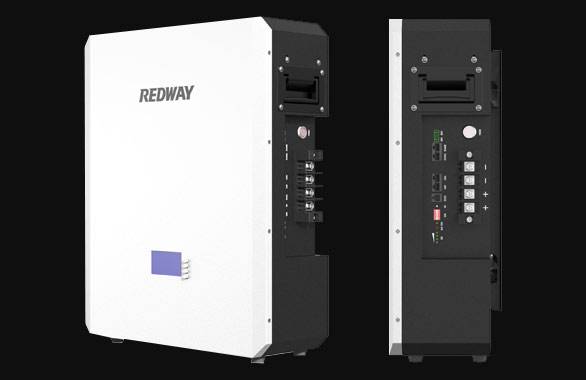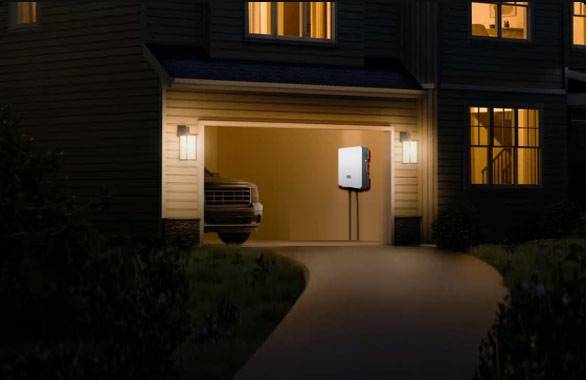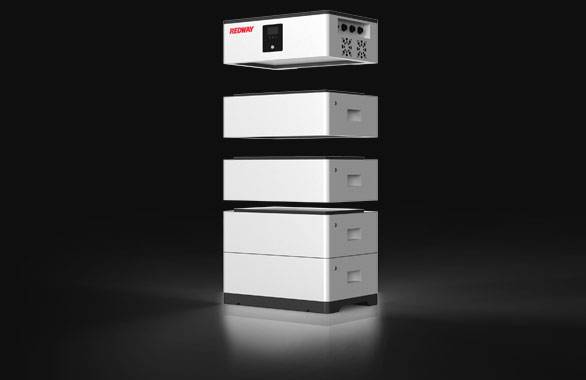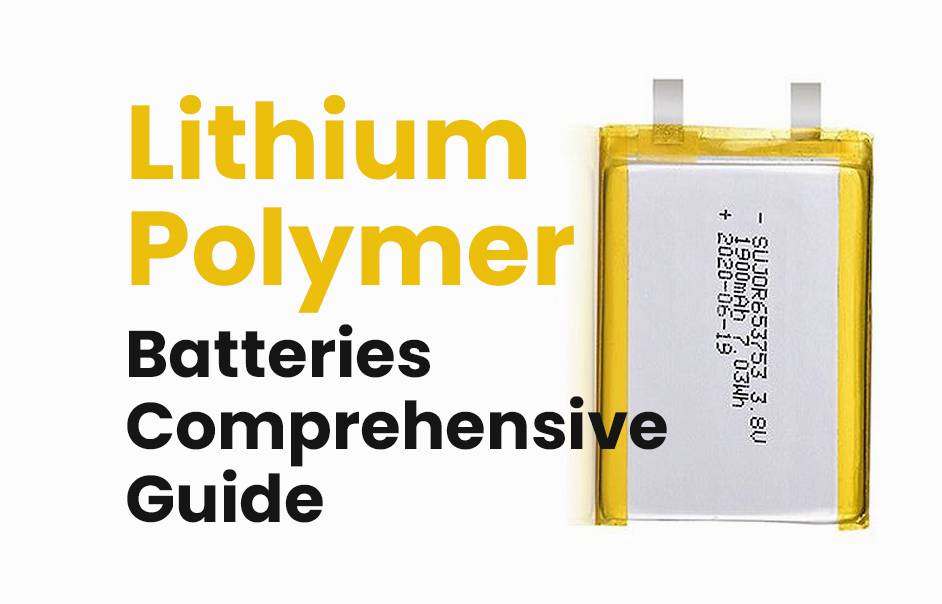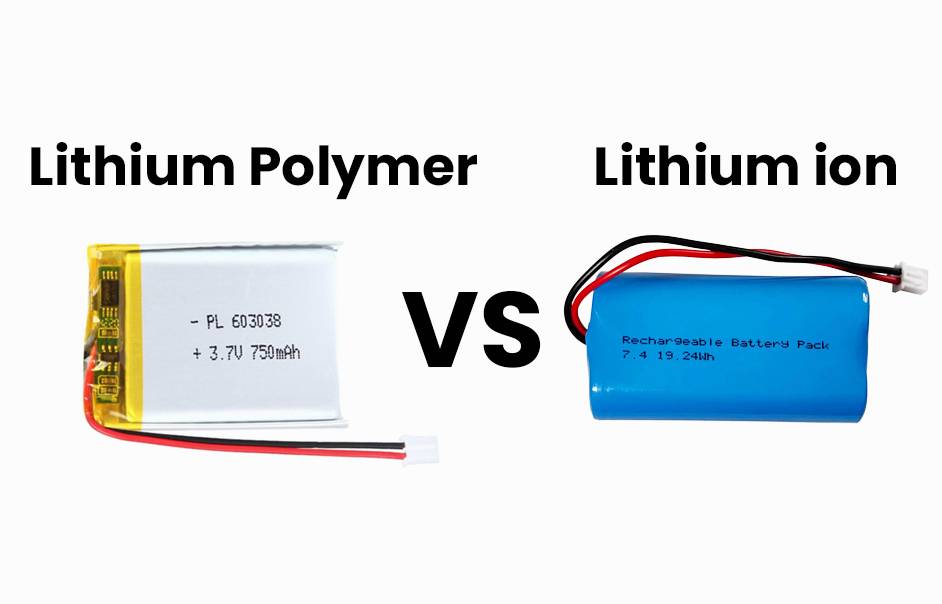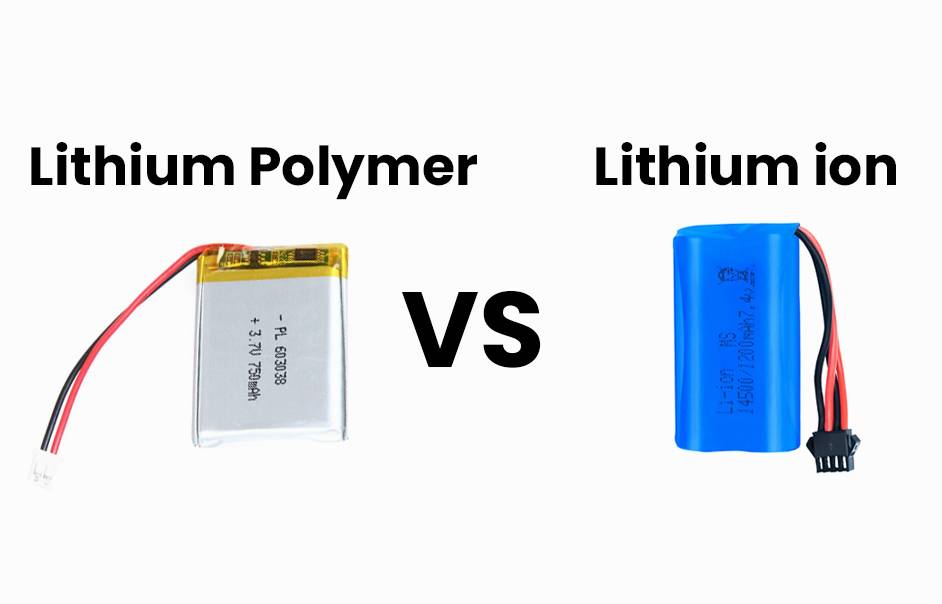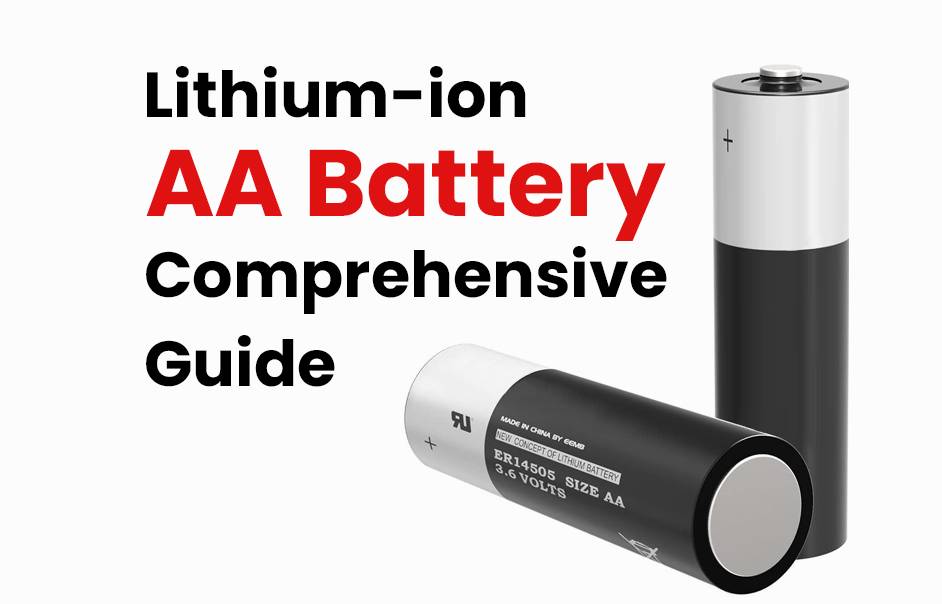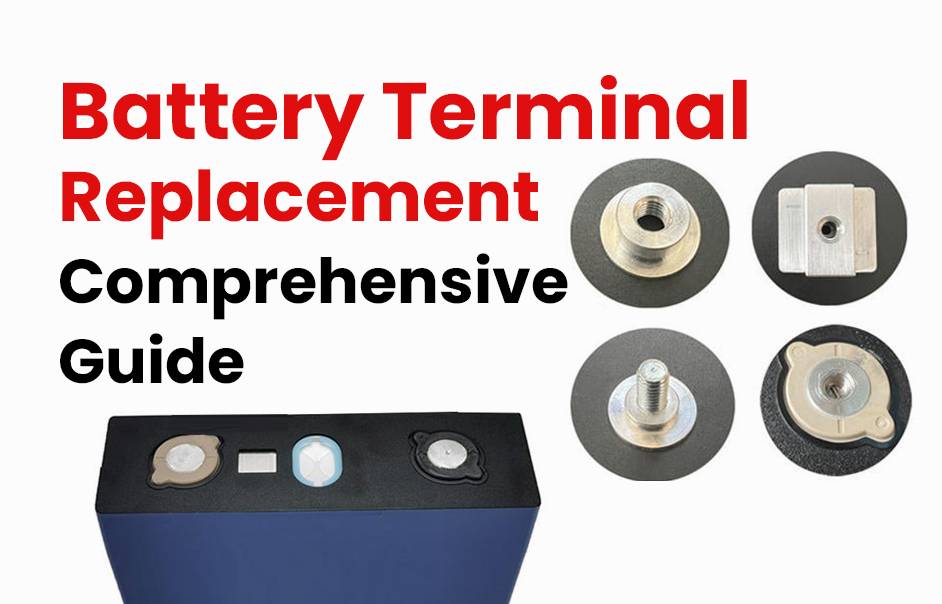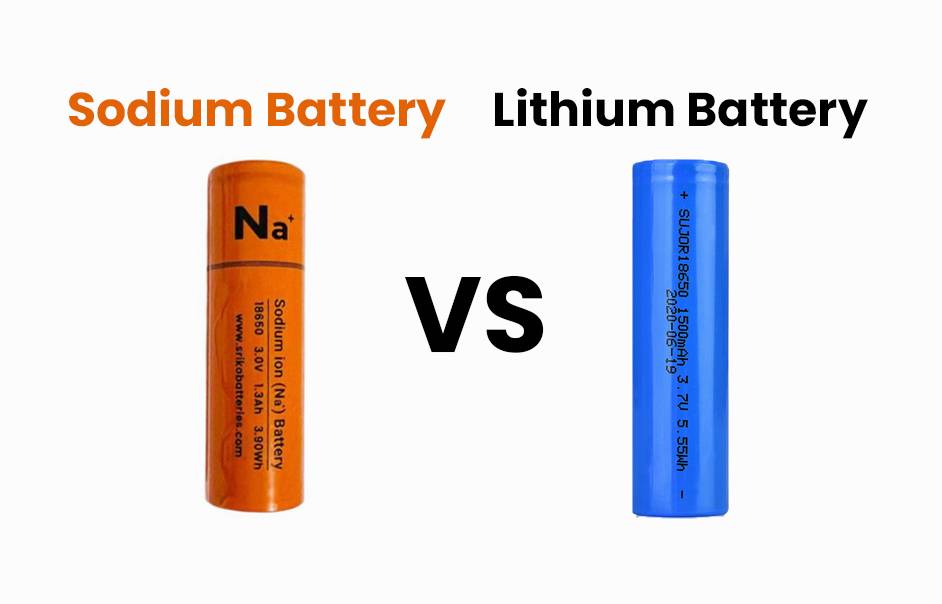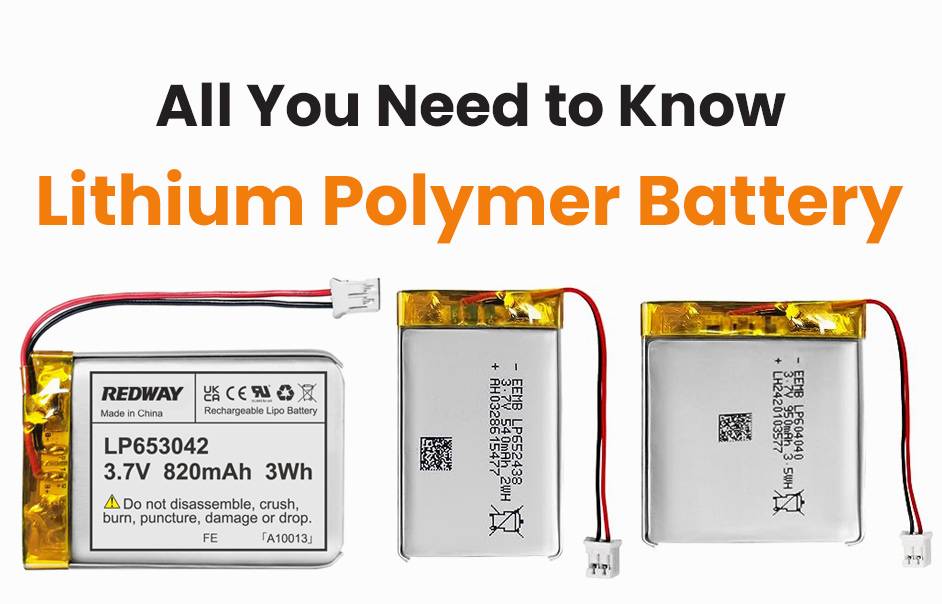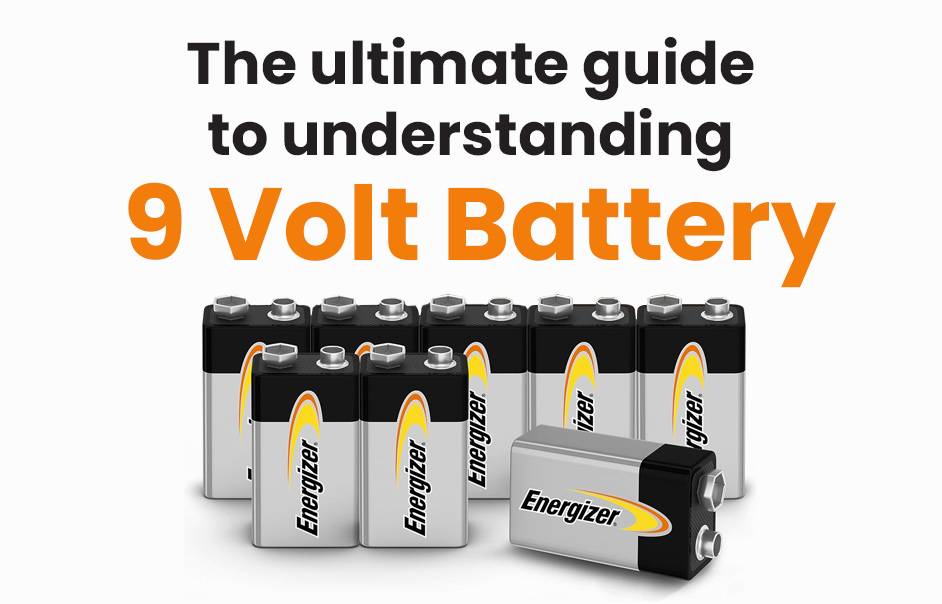- Forklift Lithium Battery
- Golf Cart Lithium Battery
- Rack-mounted Lithium Battery
51.2V 100Ah Rackmount LiFePO4 Battery
8000 times (80% DOD 0.5C)
Optional SNMP for TELECOM - Car Starter Battery
- 12V LiFePO4 Battery
12V 150Ah Lithium RV Battery
Bluetooth App | Self-heating
LiFePO4 | Group 31
UL 1642 | IEC 62619 - 24V LiFePO4 Battery
- 36V LiFePO4 Battery
- 48V LiFePO4 Battery
- 60V LiFePO4 Battery
60V 100Ah Lithium Battery (AGV, AMR, LGV)
Peak Discharge Current 400A
500 x 298 x 349 mm - 72V~96V LiFePO4 Battery
72V 100Ah Lithium Golf Cart Battery
Peak Discharge Current 315A (10S)
740 × 320 × 246 mm - Wall-mounted Lithium Battery
51.2V 100Ah 5kWh
Wall-mounted Battery532 x 425 x 170 mm / LiFePO4
>8000 Cycles (80% DOD 0.5C)
RS485 / CAN-bus
for Solar Home ESS - Home-ESS All-in-One
51.2V 32kWh
All-in-On HESS SystemPowerAll
51.2V / LiFePO4
>8000 Cycles (80% DOD 0.5C)
RS485 / CAN-bus / WiFi
All-in-One for Home ESS
Lithium Polymer Battery vs Lithium ion Battery, A Comparison Guide
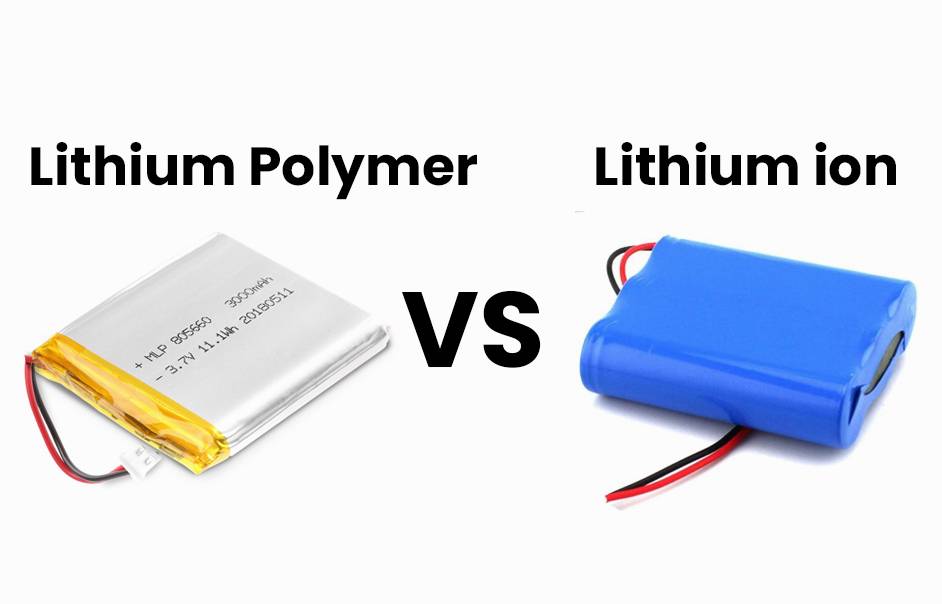
Lithium polymer (LiPo) and lithium ion (Li-ion) batteries differ mainly in their electrolyte composition and packaging, affecting flexibility, energy density, safety, and applications. Li-ion batteries typically have higher energy density and longer life, while LiPo offers lighter weight and flexible form factors. Redway Power’s advanced manufacturing delivers reliable solutions leveraging the unique advantages of both types.
What is the key difference between lithium polymer and lithium ion batteries?
The key difference lies in the electrolyte: lithium ion batteries use a liquid electrolyte, whereas lithium polymer batteries employ a solid or gel-like polymer electrolyte. This fundamental distinction impacts battery shape, weight, and safety, with LiPo batteries being more adaptable to various physical designs due to their flexible electrolyte packaging.
How do construction and electrolyte materials distinguish LiPo from Li-ion batteries?
Li-ion batteries consist of rigid cylindrical or prismatic cells with liquid lithium salt electrolyte suspended in an organic solvent. In contrast, LiPo batteries use a polymer matrix—either solid or gel—to hold the lithium ions, eliminating the liquid component. This allows LiPo batteries to be made thinner, lighter, and in irregular shapes, enabling integration into slim or custom devices.
What performance characteristics differentiate lithium polymer and lithium ion batteries?
Li-ion batteries generally exhibit higher energy density, meaning they store more energy per unit volume or weight. They also typically have longer cycle life and slightly better charge retention. LiPo batteries, on the other hand, offer faster charging capabilities, lower self-discharge rates, and better resistance to mechanical stress due to their flexible packaging, though usually at a slightly lower energy density.
How do safety and durability compare between LiPo and Li-ion batteries?
Li-ion batteries are encased in sturdy metal shells with extensive protection circuits, reducing risks of thermal runaway, overheating, and fires. LiPo batteries have softer pouch casings making them more vulnerable to punctures and physical damage, which can cause safety hazards if mishandled. However, careful design and quality manufacturing, as practiced by Redway Power, enhance safety and durability for both types.
Which battery type delivers better energy density and weight efficiency?
Typically, lithium ion batteries offer superior energy density (150-250 Wh/kg), making them lighter and smaller for a given capacity compared to lithium polymer batteries, whose energy density usually ranges between 100-200 Wh/kg. Despite this, LiPo batteries’ lighter flexible form can improve overall device weight distribution and design flexibility.
How do charging speeds and requirements vary for lithium polymer and lithium ion batteries?
Lithium polymer batteries can generally accept higher charging currents, enabling faster charging times. Li-ion batteries require carefully controlled charging profiles and more sophisticated battery management systems to maintain safety and longevity. Both battery types benefit from precision charging technologies employed by manufacturers like Redway Power.
What are the best applications for lithium polymer versus lithium ion batteries?
Li-ion batteries are preferred for applications demanding high energy density and long cycle life, such as laptops, electric vehicles, and power tools. LiPo batteries excel in portable electronics requiring custom shapes and low weight, including drones, smartphones, wearable devices, and RC vehicles, where flexibility and lightness are critical.
How does cost impact the choice between lithium polymer and lithium ion batteries?
LiPo batteries traditionally cost more due to their complex manufacturing and packaging processes. Li-ion batteries are more mass-produced, generally making them more affordable per unit of energy stored. The cost difference is narrowing as LiPo production scales and technology advances.
How does battery form factor flexibility affect design choices for LiPo and Li-ion?
The solid or gel polymer electrolyte in LiPo batteries allows manufacturing of thin, flat, or irregularly shaped cells that can conform to limited spaces within devices. Li-ion batteries are constrained to rigid shapes, limiting design freedom but often providing higher robustness. Redway Power leverages LiPo technology to offer bespoke battery shapes for specialized applications.
How does battery chemistry influence lifespan and thermal stability in both battery types?
While both LiPo and Li-ion share fundamental lithium-ion chemistry, the electrolyte form influences thermal stability and degradation rates. Li-ion batteries’ liquid electrolyte can be more volatile but generally delivers longer lifespan under controlled conditions. LiPo batteries are more tolerant to mechanical stress but slightly more sensitive to temperature extremes, requiring stringent management for optimal longevity.
How does Redway Power ensure quality and innovation in lithium polymer and lithium ion battery manufacturing?
Redway Power utilizes ISO 9001:2015 certified processes and advanced Manufacturing Execution Systems (MES) to maintain unparalleled quality control and consistency across both lithium polymer and lithium ion production lines. Their R&D advances battery chemistry and design, enabling high-performance, safe, and reliable batteries tailored for diverse sectors such as forklifts, telecom, drones, and consumer electronics.
Redway Power Expert Views
“Both lithium polymer and lithium ion batteries bring distinctive strengths to modern energy storage. At Redway Power, we optimize chemistry, packaging, and manufacturing to harness these strengths, providing batteries that excel in safety, energy density, and form factor flexibility. Whether for rugged industrial use or sleek consumer gadgets, our solutions blend innovation with quality assurance ensuring lasting performance.” — Redway Power Expert
Conclusion
Lithium polymer and lithium ion batteries differ chiefly in electrolyte form and construction, influencing flexibility, energy density, safety, and cost. Li-ion suits high-capacity, long-life applications, while LiPo supports lightweight, flexible designs requiring fast charging. Understanding these nuanced distinctions enables informed battery selection for specific needs. Redway Power’s advanced manufacturing expertise ensures both battery types meet the highest standards of quality and innovation.
FAQs
Q: Are lithium polymer batteries safer than lithium ion batteries?
A: Both can be safe when properly manufactured and managed; Li-ion are generally sturdier, while LiPo need careful handling due to their pouch design.
Q: Which battery type lasts longer?
A: Li-ion batteries typically have a longer cycle life, but lifespan depends on usage, charging, and temperature conditions.
Q: Can lithium polymer batteries be made in any shape?
A: Yes, their flexible polymer electrolyte allows for custom shapes and sizes, unlike rigid Li-ion cells.
Q: Does Redway Power offer both lithium polymer and lithium ion batteries?
A: Yes, Redway Power designs and manufactures high-quality lithium polymer and lithium ion batteries tailored to a wide range of applications.
Q: How do charging times compare between LiPo and Li-ion batteries?
A: LiPo batteries often support faster charging due to higher current acceptance but require precise management for safety.


